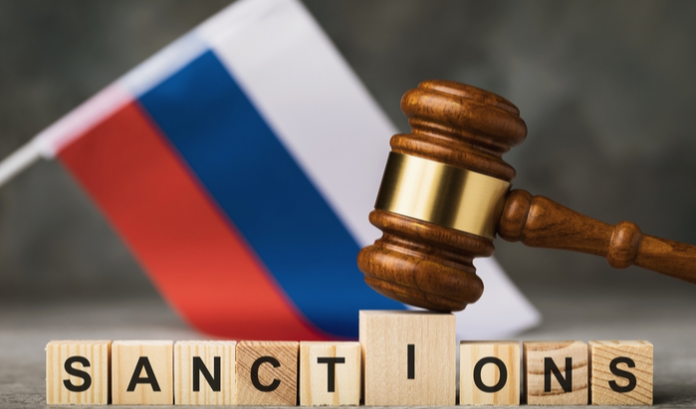Allwyn has expressed fears that sanctions associated with the Russian invasion of Ukraine could negatively impact its business, according to PA news agency.
The Czech-based operator, which was named as the preferred applicant of the fourth UK National Lottery licence last month, has come under pressure over apparent links to Russian energy supplier Gazprom.
According to Deputy Prime Minister Dominic Raab, Allwyn’s Chairman Karel Komarek has been “in discussions with the Czech Republic government over its joint venture with Gazprom and removing its involvement”.
For his part, Komarek has denounced the actions of Vladimir Putin, stating that he is “a very public critic” of Russia’s President.
Nonetheless, as reported by Aol, an investor presentation for Allwyn has warned: “The conflict between Russia and Ukraine, and related sanctions could negatively impact us.”
It also lists under “risk factors” that the conflict could adversely affect operations and has caused “unstable market and economic conditions and is expected to have additional global consequences”.
Despite this, Allwyn denied that there was any specific threat to the company in the wake of recent developments.
A spokesperson for the operator stated: “The potential impact of sanctions is a standard risk factor that virtually every US listed company with international operations is making in light of the invasion of Ukraine by Russia. As is self-evident to any fair-minded person who reads it, the inclusion of sanctions as a risk factor in our New York Stock Exchange listing presentation is a reflection of the current global climate, akin to the possible impacts of Covid-19, not an indication of a specific threat to Allwyn.”
Last month, Gambling Minister Chris Philp was forced to deny suggestions that government officials had met with Allwyn in the build up to the firm being named as the preferred candidate to take over Camelot’s 30-year period as operator of the National Lottery.
The UK Gambling Commission has also been taken to High Court by Camelot over the decision, maintaining that “the competition and our evaluation have been carried out fairly and lawfully in accordance with our statutory duties”.




























